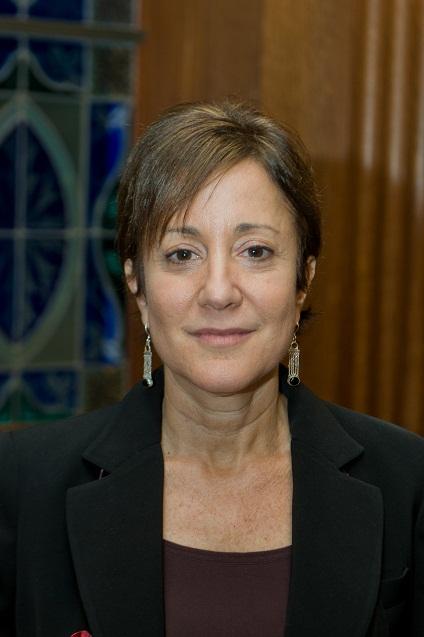Podcast: Play in new window
BOB HIRSHON (host):

Inside the quitter’s brain. I’m Bob Hirshon and this is Science Update.
Most smokers want to quit, but find it extremely difficult.
CARYN LERMAN (University of Pennsylvania ):
The vast majority of smokers who relapse after a quit attempt do so within the first few days.
HIRSHON:
That’s University of Pennsylvania behavioral scientist Caryn Lerman. She and her team used functional MRI scans to find out what sets the brains of early relapsers apart from the successful few.
LERMAN:
Individuals who showed decreases in activity in particular brain regions vital not only to working memory but to goal setting and mental control were significantly more likely to relapse.
HIRSHON:
She says MRI scans could be used to predict future relapses and personalize treatments.
LERMAN:
Interventions that are targeted to increase activity in those brain regions may be effective treatments for smoking cessation.
HIRSHON:
The research appears in the journal Neuropsychopharmacology. I’m Bob Hirshon, for AAAS, the science society.
